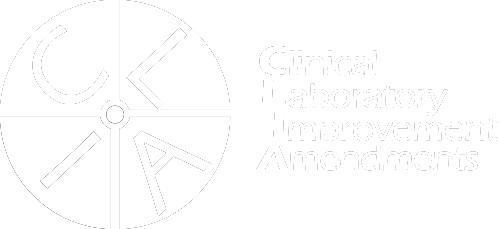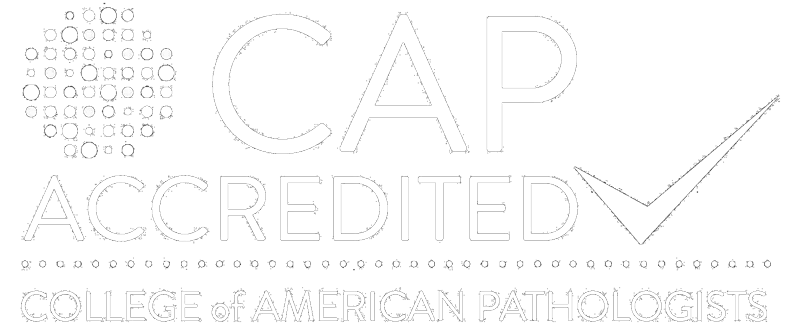COVID-19 updates are on display on all news stations, but who is keeping tally of those succumbing to addiction due to the pandemic. The new struggles and emotions brought on by these unprecedented times are hard for the everyday person. The hardships experienced by someone with substance use disorder (SUD) can be detrimental. With over 20 million people struggling with SUD in the United States, drug addiction has become an epidemic that needs attention.
External factors such as anxiety, isolation, and decrease in motivation are creating a dangerous environment for people with SUD. A deeper dive below will explain how the current state of the world can cause a patient to relapse and provide some solutions to easing the ongoing effects of COVID-19.

Stress is a trigger for many people, but it can be especially detrimental for someone suffering from SUD. Approximately 7.9 million people in the United States experience addiction and a mental health disorder simultaneously. This means someone dealing with addiction is typically also experiencing increased anxiety, which makes managing drug abuse treatment harder to focus on.
The pandemic has brought financial and societal uncertainty. Like many patients struggling with addiction, a major change in daily routines can leave them feeling vulnerable and searching for a “high.” The drug becomes a way to escape the realities in their current life. Soon the patient becomes dependent on the feeling they get from drugs, leading to a deeper addiction.
Loneliness in itself is an epidemic. The nation-wide lock down in March and the continued push for social distancing has severely reduced interaction for many. Social isolation has been shown to have life-threatening consequences to our health, which is especially true for a patient dealing with addiction.
Group therapy and routine check-ins are essential treatment options for patients struggling with SUD. These meetings allow people to make connections and create positive experiences, which encourage the patient to continue attendance. With many of these meetings switched to online forums, meetings can feel less personal and often transactional. Daily interactions and positive relationships give patients a reason to “do better” and continue on the path to recovery.
Accountability and check-ins are crucial to successfully treating substance use disorders. Due to the pandemic, many probation departments and courts have closed their doors, and probation officers had to postpone or move their sessions to virtual platforms. To adhere to national health guidelines, many facilities have spaced out their testing or canceled drug tests altogether to observe social distancing inside centers. Random drug tests are the primary way of keeping patients accountable. Without the consistency of testing, patients may think they can hide or cover their substance use until the next test and fall back into old patterns.
Lack of personal accountability can lead to some patients not being able to take responsibility for their actions or downplay the severity of their addiction. When this continues for too long many patients begin to fall off the wagon and discontinue treatment all together, leaving these patients with a hard time trying to recover on the second or third try.
The COVID-19 pandemic has disrupted everyday life for many people across the nation, but for someone dealing with substance use disorder, the current and possible lasting effects of COVID-19 threaten to disrupt recovery and treatment. By next year, the nation will begin to see the amount of detrimental effects the pandemic has had on those dealing with SUD.
Before COVID-19 took over, overdoses killed more Americans than car crashes every year. This statistic and the ones that will come from the pandemic are alarming, but groups like Averhealth are working to prevent relapses and keep the overall number of deaths from substance abuse down. The organization has pushed to remain open and provide its clients with as much consistency as possible during the pandemic.
Averhealth provided its patient care technicians with PPE and implemented safety and cleaning policies to adhere to local health guidelines while preventing any pause in patient services. Aversys, Averhealth’s web-based application, provides clients with daily check-ins that include positive reinforcement and predictive analytics to identify warning signs in behavior patterns to prevent potential relapses. The platform provides clients with a support system that is unmatched in any other typical drug testing program given the behavioral health components it offers.
At Averhealth, it is not just a positive or negative test result – it’s about the data and intelligence that provides better outcomes for clients and programs. With its first in class technology, Averhealth makes managing criminal justice individuals suffering from SUD simpler, more efficient and cost-effective by offering better solutions. To learn more about The Averhealth Difference, please check out our Why Averhealth page at averhealth.com/why-averhealth/


